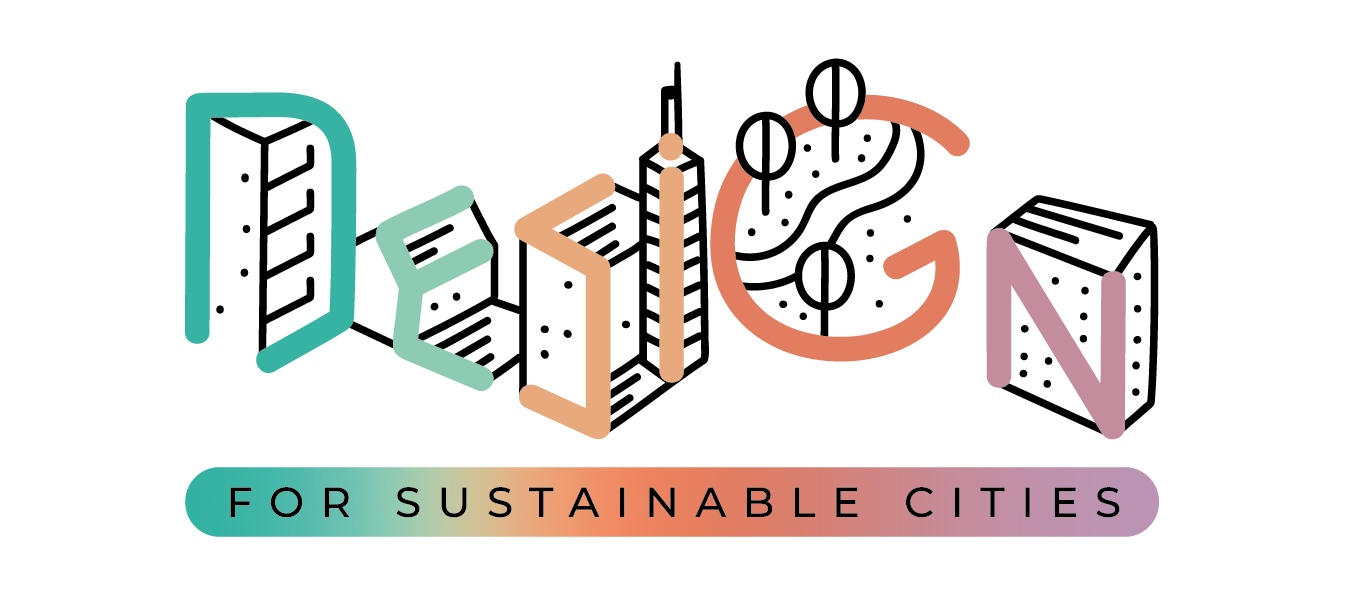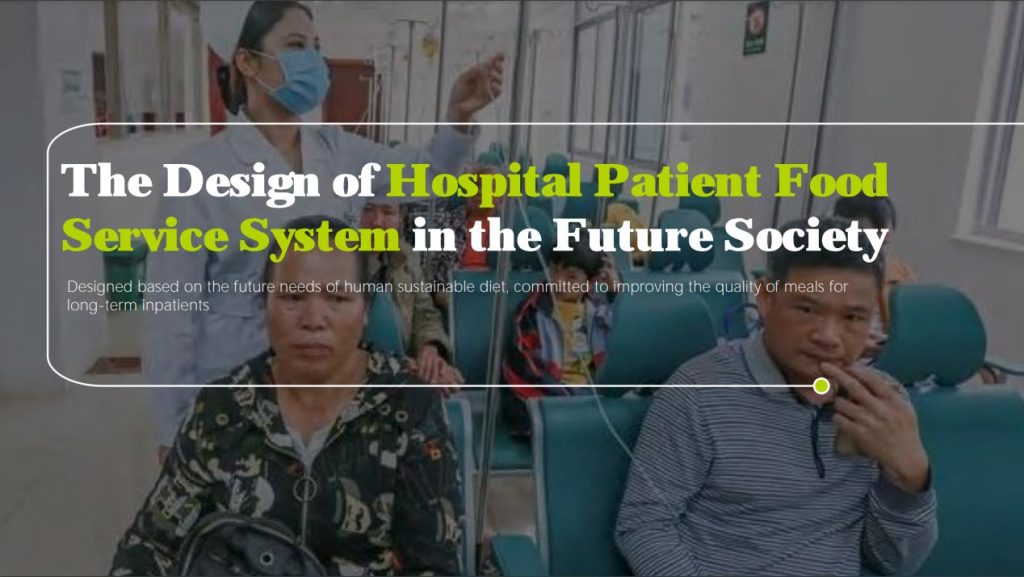This project mainly solves the diet problems of long-term hospitalized people during hospitalization. The family members of the patients will buy the vegetables themselves, and then take them to the designated kitchen of the hospital to ask the chef to help them with the processing, and then pay them the processing fee after processing.
The project is based on the current situation of hospital catering in China, to solve the problems of nutrition and safety of inpatient meals in hospitals, the cost of autonomous meals and venues of patients’ families, and make future community hospitals more humane and healthier.

